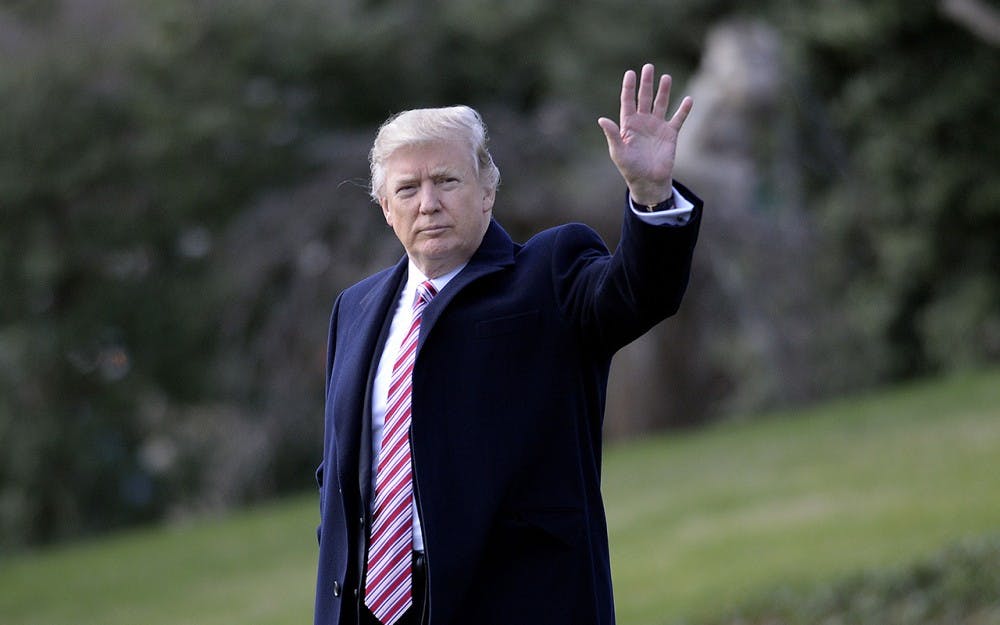Here’s a rundown of what President Donald Trump and the U.S. government have been up to and why it matters.
Seattle sues President Trump
Seattle has filed a lawsuit against Trump’s executive order on “sanctuary cities.” Seattle called the order “fatally ambiguous” and unconstitutional, according to NPR.
The term sanctuary city refers to states or cities with policies in place that limit involvement in federal immigrant enforcement. The Trump administration has argued that these states and cities should collect the citizenship status of all residents and report this information to the federal government.
“The order is premised on a misreading of federal statutory law and departs dramatically from settled constitutional principles,” said the lawsuit, filed by Seattle Mayor Ed Murray and City Attorney Pete Holmes.
The suit challenges the constitutionality of the executive order, which threatens to withhold federal grants from sanctuary cities. White House Press Secretary Sean Spicer said in a news briefing the order, which Trump signed in January, will “strip federal grant money from the sanctuary states and cities that harbor illegal immigrants.”
Bill would stop warrantless border device searches
A new bipartisan bill to prevent the search of devices at the border with a warrant was introduced to Congress on Tuesday.
The bill is in response to a rise in the search of Americans’ electronics at the border.
Sen. Ron Wyden, D-Ore., and Sen. Rand Pal, R-Ky., introduced the bill in the Senate and Rep. Jared Polis, D-Colo., and Rep. Blake Farenthold, R-Texas, sponsored it in the House.
Currently, authorities have broad power to search electronic devices at the border. Travelers, including Americans, have little privacy protection. This new bill would require a warrant before officials could search Americans’ phones, laptops, tablets and other devices at entries to the United States, including border crossings and airports.
“Americans’ constitutional rights shouldn’t disappear at the border,” Wyden said in a statement, according to CNN. “By requiring a warrant to search Americans’ devices and prohibiting unreasonable delay, this bill makes sure that border agents are focused on criminals and terrorists instead of wasting their time thumbing through innocent Americans’ personal photos and other data.”
CNN reported Homeland Security Secretary John Kelly has previously indicated the Trump administration plans to aggressively investigate potential entrants to the country. This could include demanding social media accounts and passwords for applicants to enter the U.S.
However, reports indicate U.S. citizens have been caught up in this enhanced vetting process.
CNN reported that the numbers of such searches have already been trending up. Customs and Border Protection said, recently, that in fiscal year 2016 it conducted 23,877 electronic media searches, up from only 4,764 the year before, out of nearly 400 million arrivals.
House of Representative Russian investigators plan next steps
Members of the House intelligence committee have agreed on a list of witnesses the plan to interview, House Intelligence Chairman Devin Nunes said.
CNN reported Rep. Peter King, R-N.Y., said the committee will also bring in top figures who were involved with the Trump campaign and communicated with Russian officials.
The four key targets of the federal probe, former Trump campaign chairman Paul Manafort, former Trump foreign policy adviser Carter Page, former Trump adviser Roger Stone and former National Security Adviser Michael Flynn, have all offered to speak before House of Representatives and Senate investigators.




